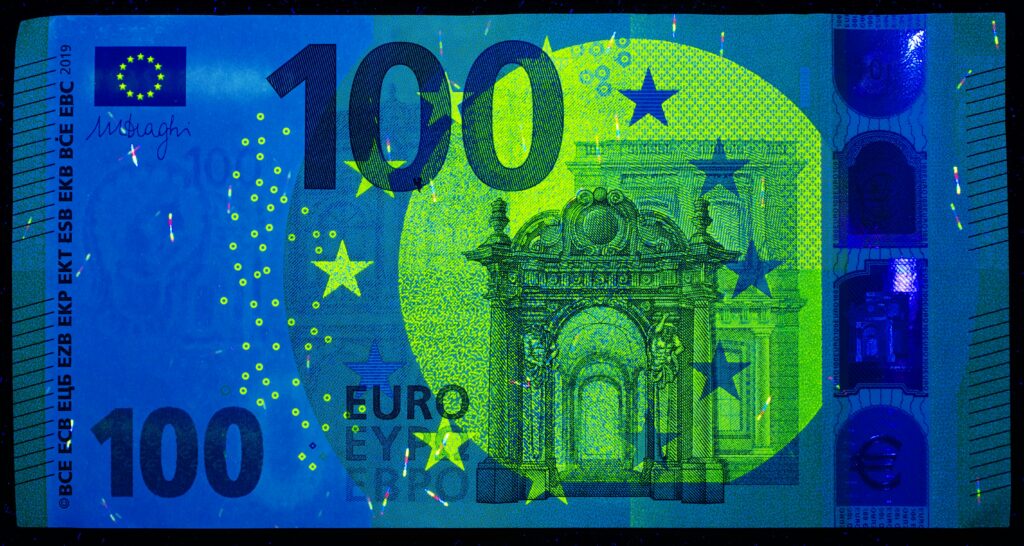The DeFi landscape has been experiencing a meteoric rise, revolutionizing traditional finance through decentralized protocols and innovative projects. As an avid follower of the crypto space, I’ve witnessed the rapid evolution and growth of decentralized finance, commonly known as DeFi. In this article, I’ll delve into some of the top DeFi projects that are making waves and reshaping the financial industry.
From lending platforms to decentralized exchanges and yield farming protocols, the DeFi ecosystem offers a plethora of opportunities for investors and enthusiasts alike. As I explore the dynamic world of decentralized finance, I’ll highlight key projects that are pushing the boundaries of what’s possible in the realm of finance. Join me on this exciting journey as we uncover the top DeFi projects that are poised to redefine the future of banking and finance.
What Is DeFi?
- Explaining Decentralized Finance
Decentralized Finance, or DeFi, refers to a new financial system that operates independently of centralized authorities, such as banks or financial institutions. It leverages blockchain technology to create an open and transparent financial ecosystem where users can access a range of financial services without intermediaries. These services include lending, borrowing, trading, insurance, and more. DeFi projects are built on smart contracts, enabling automated transactions and eliminating the need for traditional middlemen. This innovative approach provides users with greater control over their assets and financial activities. - The Impact of DeFi on Traditional Banking
The rise of DeFi has significant implications for traditional banking systems. By decentralizing financial services, DeFi projects offer greater accessibility, efficiency, and inclusivity to users worldwide. Traditional banking often involves lengthy processes, high fees, and limited access for underbanked populations. In contrast, DeFi platforms operate 24/7, allow for instant transactions, and require minimal fees. This shift in the financial landscape challenges traditional banks to adapt to a more efficient and user-centric model or risk losing relevance in an increasingly decentralized financial world.
The Rise of DeFi: Top Projects to Watch
In this section, I’ll highlight some of the top projects in the decentralized finance (DeFi) space that are revolutionizing the traditional financial sector. Let’s explore the key players driving innovation in DeFi.
Ethereum and Smart Contracts
Ethereum, the leading blockchain platform for DeFi, is synonymous with smart contracts. These self-executing contracts power numerous DeFi applications, enabling automated and trustless transactions. Ethereum’s robust infrastructure and wide developer support have made it a cornerstone of the DeFi ecosystem.
Chainlink: Linking Smart Contracts to Real-World Data

Chainlink plays a vital role in bridging the gap between smart contracts and real-world data. As an oracle network, Chainlink ensures that smart contracts have access to accurate and timely external information. This connectivity to off-chain data sources is crucial for the integrity and functionality of DeFi applications.
Uniswap: Pioneering Decentralized Exchanges
Uniswap stands out as a pioneer in decentralized exchanges (DEXs) by introducing an automated market maker model. This innovation allows users to trade digital assets directly from their wallets, without the need for intermediaries. Uniswap’s user-friendly interface and liquidity pools have contributed to the growth of decentralized trading within the DeFi space.
The Potential of DeFi
DeFi has gained significant attention for its potential to revolutionize the traditional financial landscape. Let’s delve into how DeFi is reshaping financial inclusion and empowerment, as well as the challenges and risks that come with these innovative projects.
Financial Inclusion and Empowerment
DeFi projects are paving the way for greater financial inclusion by providing accessible financial services to individuals who have been underserved or excluded by traditional banking systems. Through decentralized lending platforms, individuals from all corners of the globe can access loans without the need for a formal credit check or collateral. This democratization of finance empowers individuals to participate in economic activities and obtain capital for personal or entrepreneurial endeavors.
Decentralized exchanges like Uniswap further contribute to financial inclusion by allowing users to trade digital assets without the need for a centralized intermediary. This peer-to-peer trading model eliminates barriers to entry, enabling individuals to exchange assets directly with one another. As DeFi continues to evolve, it has the potential to bridge the gap between the banked and unbanked populations, offering financial services to those who were previously excluded from the traditional financial system.
Challenges and Risks
While DeFi presents exciting opportunities, it also comes with its fair share of challenges and risks. One of the primary challenges facing DeFi is scalability. As the popularity of decentralized finance grows, network congestion and high transaction fees have become common issues. Scaling solutions such as layer 2 protocols are being developed to address these scalability issues and improve the efficiency of DeFi platforms.
Security risks are another concern in the DeFi space. Smart contracts, which underpin many DeFi projects, are vulnerable to bugs and exploits that can result in financial losses for users. Audits and security protocols are essential to mitigate these risks and ensure the safety of user funds. Additionally, regulatory uncertainty poses a challenge to the widespread adoption of DeFi, as authorities grapple with how to regulate these decentralized financial platforms.
Navigating these challenges while harnessing the transformative potential of DeFi will be crucial in realizing a more inclusive and efficient financial ecosystem.


